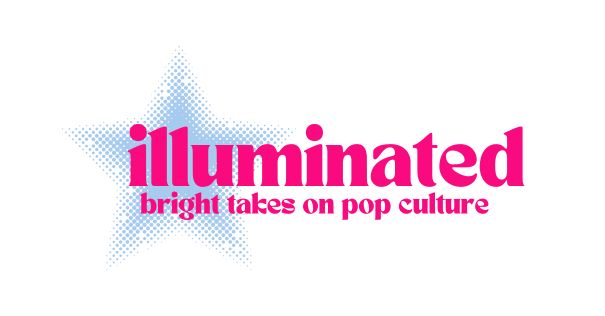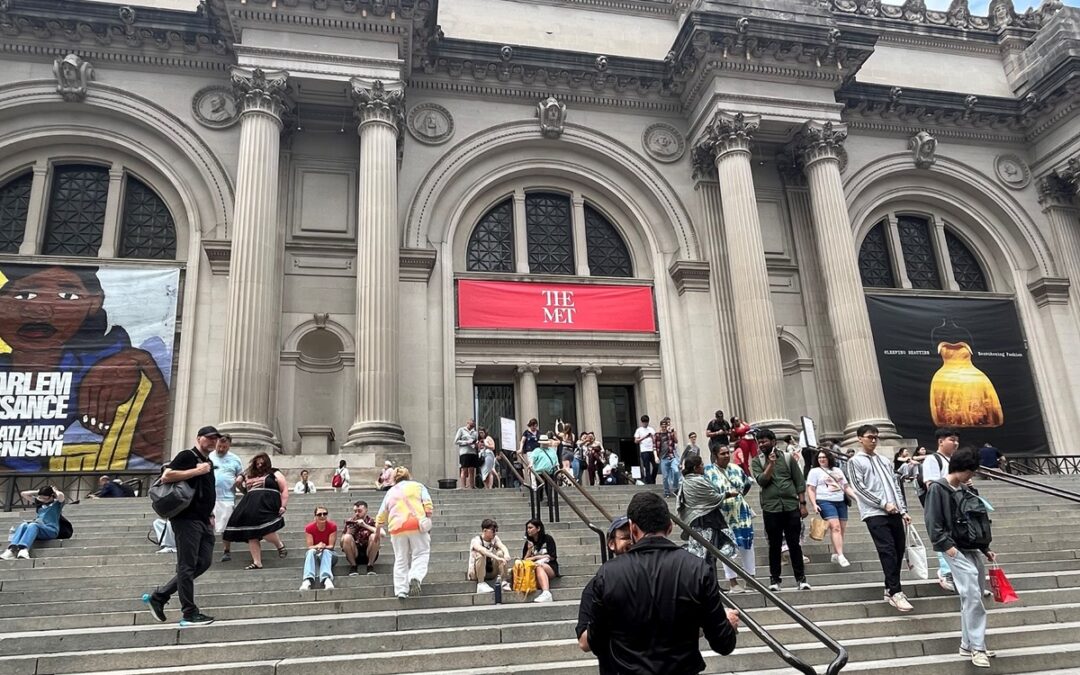Did you find yourself feeling guilty for joking online about the assassination of the CEO of United Healthcare? Experts reveal why you are not a terrible person for laughing at a meme.
Thousands took to social media to mock the murder of 50-year-old Brian Thompson. He was shot multiple times in the back with a pistol, by a hooded figure who fled the scene on a bike. The movie style assassination caused social media users to flood TikTok with memes, comments and jokes. “I submitted a claim for my condolences, but it got denied 🙁 so sad,” one user wrote. “New shoot a CEO trend?” said another. The victim, who was assassinated in New York on the 4th of December 2024, was the CEO of United Healthcare. News outlets were sharing their condolences, whilst the public were sharing memes, and you probably found yourself giggling to some of the posts. The lack of empathy showed by people online led me to pose the question, has social media caused us to become desensitised to death?
“On the surface it seems like people are desensitised to violence when they are celebrating the CEO getting killed,” Timothy Recuber an Associate Professor in the department of Sociology at Smith College says. “But it comes out of an atmosphere where there is a repressed feeling of class consciousness, a really broad segment of the population that feels upset about the way health insurance companies treat all of us.” With his research focusing on mass media, digital culture and death, he thinks that people are not getting less empathetic, but that they are pushing back at what the CEO represents. Although on the surface social media users are making fun of a man that died, they are also mocking the healthcare system in America.
According to data collected by the information organisation KFF one in ten adults (41%) reported having dept due to medical or dental bills and one in five adults (21%) say they have not filled their prescription due to the cost. “Everybody knows someone, if it isn’t them, or multiple people who have horrible dealings with insurance companies,” Recuber says. “Who have had to pay enormous costs even when they’re insured, or who understand what it’s like to not have health insurance and worry about getting sick.”
Having to pay for access to medical care and getting insurance requests denied by a rich man getting richer has led to tension forming on social media. Although Brian Thompson tragically passed away, the multimillionaire ran a company that decided whether someone’s grandma could get the financial help they needed to receive medical treatment, so it is hard to say people are desensitised. Steven Gimbel, a professor of Philosophy at Gettysburg College, who has written a book on the philosophy of ethics agreed that the politics have affected the humour. “Illnesses don’t choose who are worthy and unworthy, in America you will go bankrupt,” he says. “Because of our ethos causing death for profit isn’t seen as mass murder, but pulling a gun on a person and shooting them in the back is.”
Clearly people are angry that medical care has turned into a profit driven business that allows millionaires to play golf, whilst you lie in hospital bed, but hopefully you would not laugh in a widow’s face. Why are people willing to post insensitive things online that they would rarely say to someone’s face? Ayse D. Lokmanoglu an Assistant Professor of Media Studies at Boston University who researches the mainstreaming of supremacist ideologies on the internet, believes our online behaviour is different to how we interact offline because it is easier to express more emotions. “We look for interpersonal cues, we look at each other’s face, we think, we process. Online it is very quick, and we don’t look for those things, we are much more impulsive,” she says. Gimbel also agreed that our online behaviour is different. “Online communication is a really odd combination of public and private,” he says. “It feels like I am just talking to friends and here I am in my bedroom in my pyjamas. What I am actually doing is broadcasting.”
It is hard to express your political views, when you are not a writer for New York Times or a presenter on ITV, so social media has become a platform for this. “Social media helps people share these grievances and they belong,” Lokmanoglu says. “It creates a sense of belonging against an inequal system that they are in and personally cannot find a solution out of.” Recuber also agreed, “Maybe you are not feeling how the mainstream media wants you to feel, you were feeling something else and seeing that other people thought that same thing is validating,” he says. Although social media allows you to become part of a group, you never truly know who you are talking to. When people create a new profile, change their name and use a different image they have anonymity. “You can create an online identity, which maybe isn’t the real you. The ability to do that allows a mask,” Gimbel says. “There is this sense of evil as mere performance.” The ability to change your personality online, allows you to say things you would not normally say, without consequence.
The wave of influencers making thousands from one post has also influenced the comments on the assassination. Rather than sharing their political opinions or expressing their emotions they could be trying to get more likes and views. “Virality is big and the more likes and shares you get the more money you can make,” says Lokmanoglu. “When you monetise virality, humour is very hard for content moderation. Humour is like ‘oh, I’m joking you don’t need to take that down’.” Aside from monetising the comments, it can be said that social media users just enjoy getting likes and shares as well. “So much of social media is based on the thrill you get when someone likes something you post and also the tiny thrill of seeing other people feel what you feel and think what you think,” Recuber says.
Although social media and politics has affected why people are able to mock death it is also important to look into the ethics of humour. Dark humour can be seen throughout history and has existed long before TikTok, so is social media just the new library? “If you look back there is actually an ancient joke book going back to Roman Times called Philogelos, there has always been this ability to use humour to bring the powerful down,” Steve Gimbel says. Lokmanoglu also agreed, “this is not the first time we have seen humour used to justify death and we are less worried about it, and I think maybe we should be a bit more concerned”.
Although dark humour has been used throughout history, is using it to mock death inappropriate? Gimbel suggested that there are four things you need to look at to determine whether a joke is appropriate. “You need to look at the joke itself, the person telling the joke, the target of the joke and the larger contexts. It’s all four of these factors intricately combined that determine whether that joke was morally permissible,” he says. In his book he suggested the idea of ‘joke currency’, where people in oppressed groups can make jokes about their oppressor, as they have ‘currency’. “We can see the billionaire class as having oppressed the 99% which then gives joke capitol to mock billionaires in ways they would not have to mock us,” he says. Using this method, it could be suggested that social media users have joke capital against the rich.
Despite the justification that the trolling is okay, are the jokes just mean and unempathetic? Recuber argues that empathy can be monopolised in popular culture, but social media is a venue to push back. “There’s an idea that empathy is broadly good and interpersonally we should be empathetic as we can to all the people in our lives. But I want to suggest that empathy, publicly can be weaponised,” he says. “So, we get back to the early issue of whether social media desensitises us, we’re pushed to empathise with certain people in certain ways and not to empathise with certain people in other ways.”
You may have found yourself feeling guilty about laughing at the posts being made. Questioning whether you are a bad person for agreeing with the memes and feeling unsure about how you should react to the assassination. Should you repost a comment or stay silent? Well according to the experts you are not a horrible person for feeling differently than the mainstream media and laughing at dark humour. There are all these factors combined that explains why people reacted to the assassination this way. It is not as simple as desensitisation.


